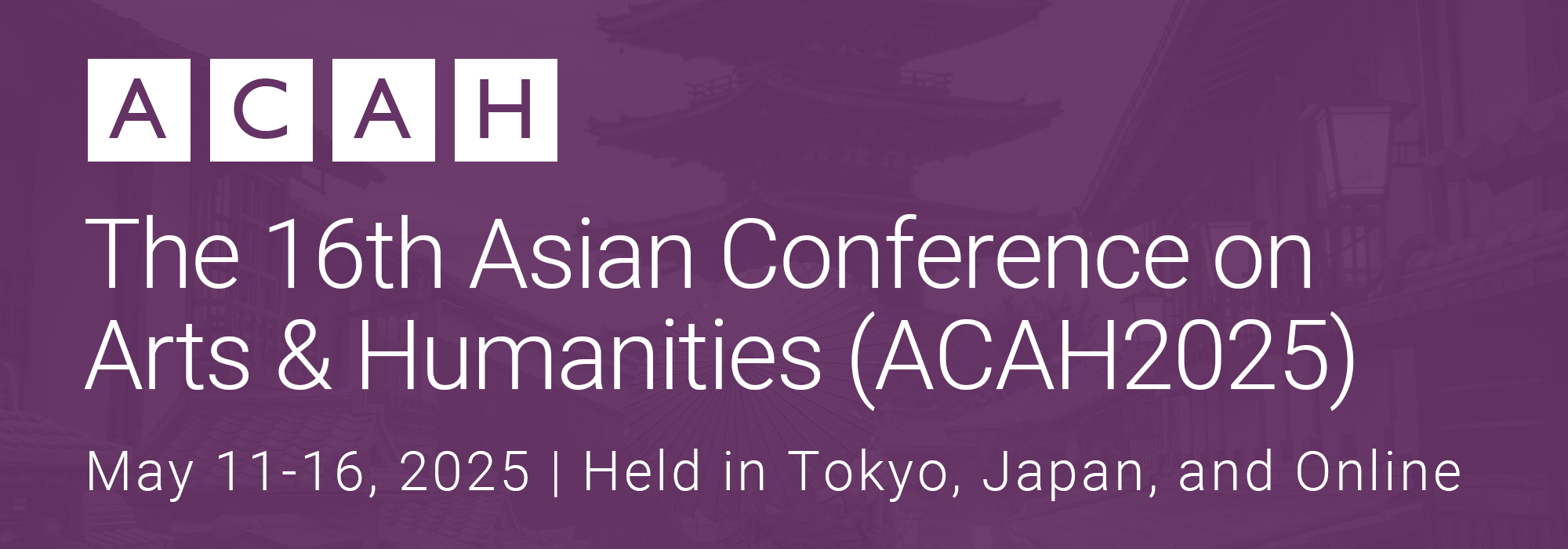Exploring Language and Literacy Strategies for Teaching Bi/Multilingual Adolescents with Special Needs in U.S. General and Special Education Classroom Settings (79637)
Friday, 24 May 2024 15:30
Session: Poster Session 1
Room: Orion Hall (5F)
Presentation Type: Poster Presentation
Purpose: To explain and analyze language and literacy strategies for integration into general and special education. Supporting bi/multilingual adolescent students’ language and learning needs (research focus) is vital for academic achievement and English development.
Introduction: U.S.-based adolescent bi/multilingual learners are at risk for language and literacy challenges. Providing targeted strategies are crucial in general and special education when supporting students’ cultural, linguistic, and learning needs.
Methods: Using UMASS Amherst’s education databases, search terms included dual service provision, ESL, special education, language and literacy, and bilingual education; for 2012-2023. Results: Broughton et al. (2023, Teach. Except. Child) provides the CCDM Model for IEP development for disabled bi/multilingual learners. In Rinaldi (2022, Except. Parent), the MTSS Framework supports language and literacy development. Hall et. al. (2019, New Dir Child Adolesc Dev) reviews literature on reading instruction for disabled English learners. Ortiz et al. (2018, Prev School Fail) utilizes language and literacy assessment for instruction and decision-making. A common theme of this literature is language and literacy strategies are integral for ESL learners’ academic and language development.
Discussion: Bi/multilingual adolescents with disabilities are disadvantaged for two key reasons: 1. Interrupted schooling might impact academics and English-learning trajectory, and 2. Teachers might lack confidence in supporting ESL students. Providing classroom-based language and literacy interventions is, therefore, vital.
Conclusion: U.S.-based bi/multilingual adolescents are at increased risk for language and literacy challenges in general and special education if targeted interventions are not provided. Future research should address language and literacy intervention targeted at disabled bi/multilingual adolescents.
Authors:
Carolyn Peterson, University of Massachusetts Amherst, United States
About the Presenter(s)
Carolyn Peterson is a Ph.D. student at the University of Massachusetts, Amherst, in the Language, Literacy, and Culture program. She is also a reading specialist and special education teacher in Massachusetts.
Connect on Linkedin
https://www.linkedin.com/in/carolyn-peterson-b74530104/
See this presentation on the full schedule – Friday Schedule





Comments
Powered by WP LinkPress